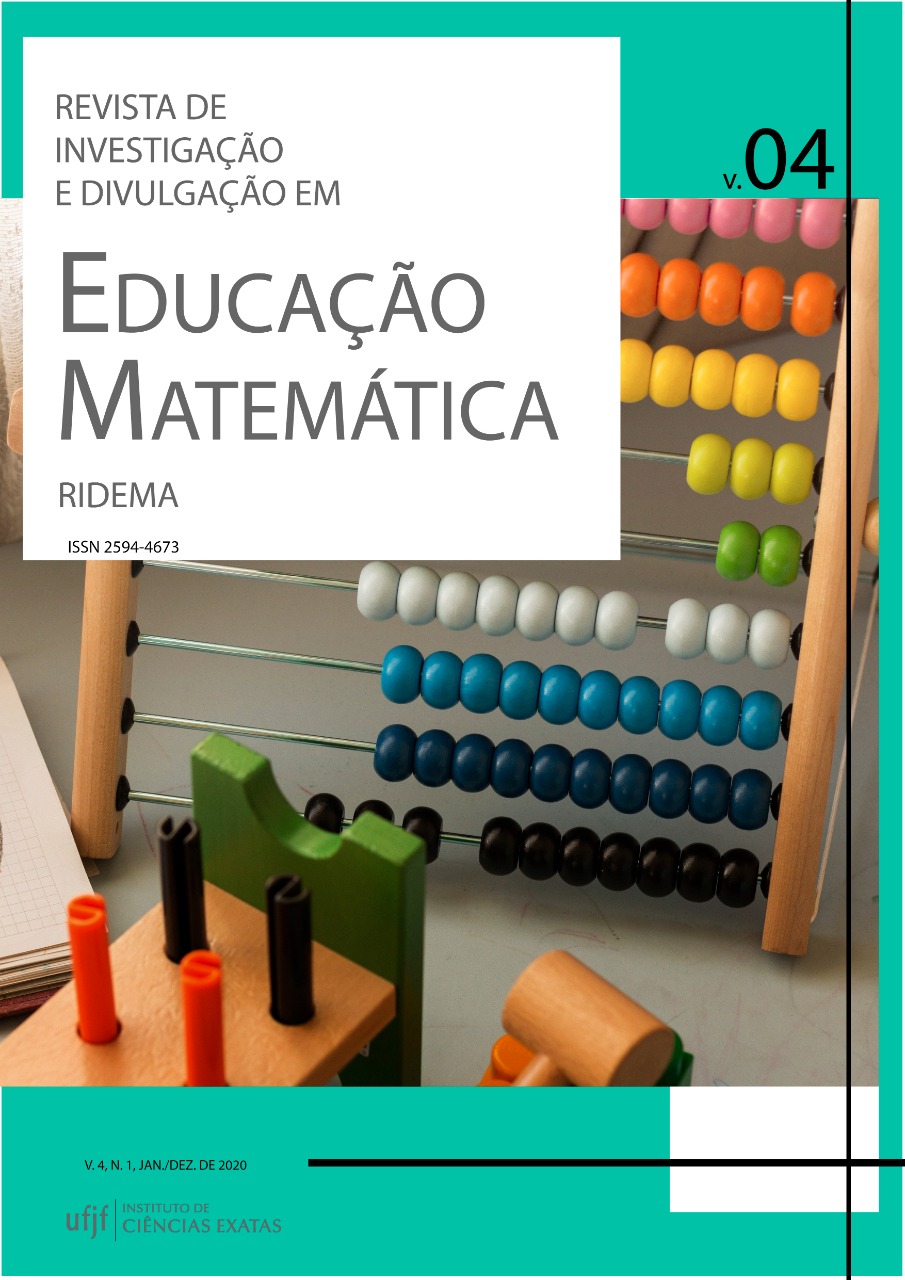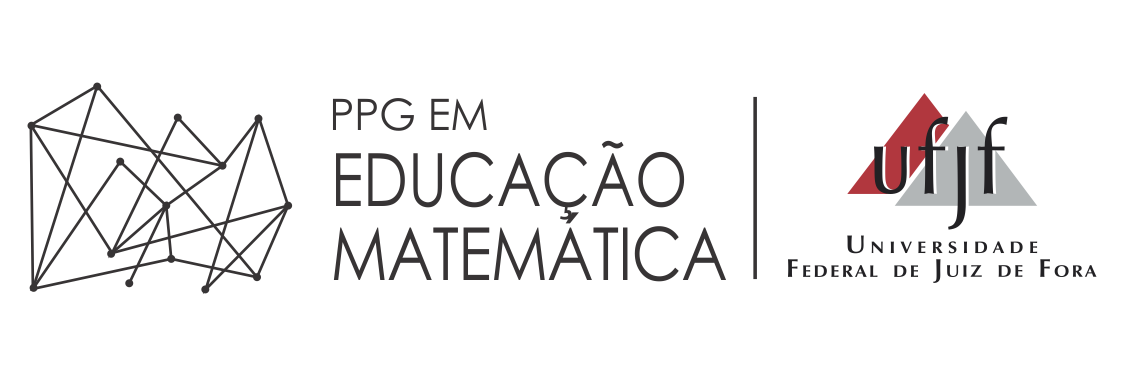Reflections on the importance of mathematics learning for quilombola students
DOI:
https://doi.org/10.34019/2594-4673.2020.v4.32265Keywords:
: Quilombola School Education. Mathematics Education. Critical Mathematics Education. Foregrounds.Abstract
Brazil is multicultural country as result of a complex process of miscegenation which associated native with migrant peoples from various continents, including ethnic groups from Africa, whose descendants represent vast majority of Brazilian population. In recognition of the significant contingent and historical circumstances of exploitation and degradation that African descendants have experienced over centuries, Brazil has recognized and implemented Quilombola Education. This article discusses aspects of a research study conducted with students of the 9th grade of a quilombola elementary school in the state of Pernambuco. The study aimed to analyse how quilombola students is motivated to learn mathematics; reflect on how quilombola students conceive the importance of learning mathematics at school, and identify, from the perspective of critical mathematical education, how mathematics is present in their life plans. The theoretical framework used chose the concept of foreground related to the social, political, economic and cultural opportunities of each individual and their future perspectives in relation to mathematics learning. Foregrounds have external and subjective dimensions, the first being related to the context in which the individual is situated, and the second is related to the way in which one perceives this reality in which one is inserted, in a liberating or limiting way. From this perspective, the foreground can expand and shape itself. The study had a qualitative nature and the research data were generated by interviews and observations. The analysis of the results indicated that the participants attach importance to the quilombola identity for the affirmation of their origins, establishing relationships between mathematics and everyday life situations. In this sense, the school plays an important role in the formation of the foregrounds, favouring the positive formation. Mathematics contents and knowledge play an important role in this process.
Downloads
Metrics
References
ANDRADE, Manuel Correia de. A terra e o homem no Nordeste: contribuição ao
estudo da questão agrária no Nordeste. 6. ed. Recife: UFPE, 1998.
BERNARDI, L. S; CALDEIRA, A. D. Educação matemática na escola indígena sob uma abordagem crítica. Bolema, Rio Claro, v. 26, n. 42b, p. 409-432, abr. 2012.
BIOTTO FILHO, D. Quem não sonhou em ser um jogador de futebol?: trabalho com projetos para reelaborar foregrounds. 2015. 234 f. Tese (Doutorado em Educação Matemática) - Instituto de Geociências e Ciências Exatas, Universidade Estadual Paulista, São Paulo, 2015. Disponível em: https://repositorio.unesp.br/bitstream/handle/11449/124075/000831902.pdf?sequence=1&isAllowed=y
BRASIL. Constituição (1988). Constituição da República Federativa do Brasil. Brasília, DF: Senado Federal: Centro Gráfico, 1988.
BRASIL. Lei 10.639/2003, de 9 de janeiro de 2003. Altera a Lei nº 9. 394, de 20 de dezembro de 1996. Diário Oficial da União, Poder Executivo, Brasília.
BRASIL. Diretrizes Curriculares Nacionais para a Educação Escolar Quilombola na Educação Básica. Brasília: MEC, 2012.
CASTRO, F. C; VIZOLLI, I. Um olhar sobre a matemática presente nas construções das casas na Comunidade Quilombola Lagoa da Pedra, Arraias, TO. Revemat: Revista Eletrônica de Educação Matemática, Florianópolis, v. 8, n. 2, p. 144-161, dez. 2013.
LONGMAN dictionary of contemporary English. Harlow: Pearson Education, 2003.
SOARES, N. J. B; COELHO, W. N. B. Relações sociais da escola: representações de alunos negros sobre as relações que estabelecem no espaço escolar. 2013.Dissertação (Mestrado em Educação) - Universidade Federal do Pará, Belém, 2013.
SKOVSMOSE, O. Um convite à educação matemática crítica. Campinas: Papirus, 2014.
SKOVSMOSE, O. Guetorização e globalização: um desafio para a educação matemática. Zetetiké, v.13, n. 24, p. 113-142, 2005.
SKOVSMOSE, O. Educação crítica: incerteza, matemática e responsabilidade. São Paulo: Cortez, 2007.
SKOVSMOSE, O. Educação matemática crítica: a questão da democracia. 6. ed. Campinas: Papirus, 2013.
VALERO, P; MOLINA, M. A; MONTECINO, A. Lo político en la educación matemática: de la educación matemática crítica a la política cultural de la educación matemática. Revista Latinoamericana de Investigación en Matemática Educativa, v. 18, n. 3, nov. 2015.
VIZOLLI, I; SANTOS, R. M. G.; MACHADO, R F. Saberes quilombolas: um estudo no processo de produção da farinha de mandioca. Bolema, Rio Claro, v. 26, n. 42b, p. 589-608, abr. 2012.



























